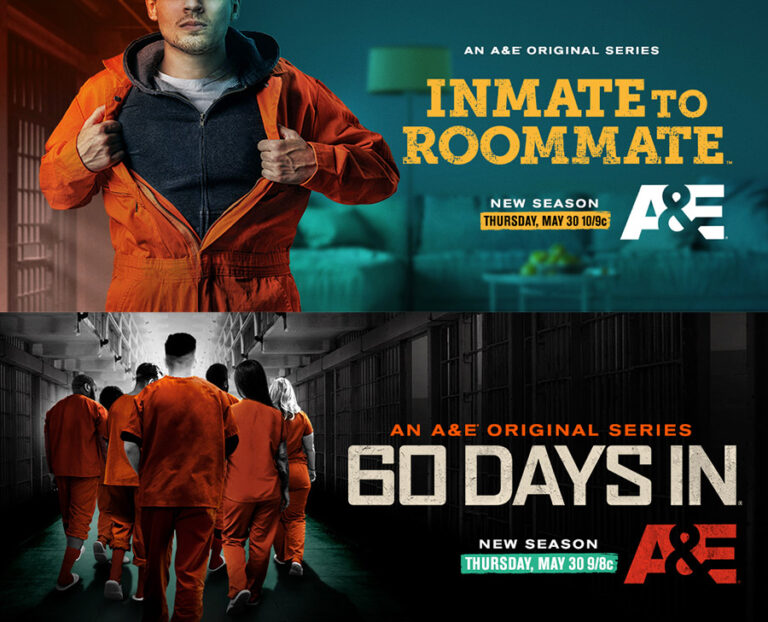Marijuana Country: The Cannabis Boom explores complications of Colorado’s legal pot

A new CNBC documentary helmed by reporter Harry Smith tackles the complications Colorado faces one year after its groundbreaking legalization of recreational marijuana one year ago. There’s been an economic boom of entrepreneurs taking advantage of a brand new, popular legal industry, which includes a huge degree of tourism, but with Colorado being the only state with this type of legalization, a host of new problems have cropped up. For one, Colorado is being sued by the Oklahoma and Nebraska. Both Oregon and Alaska voted to legalize recreational marijuana sales this past November, so they’ll help share the burden with Colorado of an America divided over pot laws.
Colorado now had over 500 pot shops across the state, including the shops owned by Medicine Man, a multi-million dollar enterprise that was poised to leap into the recreational market after developing a strong dispensary under medical marijuana laws. They grow massive amounts of specialized, gourmet strains using cutting edge technology, and hope to become the “Starbucks of Pot.” Despite their healthy business, they still have trouble finding banks to do business with because marijuana is still illegal on a federal level.
Pot is as easy to buy in Colorado as alcohol is in the rest of the U.S., just present an I.D. indicating that you’re over 21, and you’re good, but this has turned Colorado into a “supplier,” of illegal weed to the rest of the United State. Nebraska and Oklahoma are so fed up with the burden of policing the illegal drugs flowing into their states, that they’ve filed a Supreme Court lawsuit.
The growth of edibles has also raised concerns about children mistaking drugged candy for regular candy, and often leads “newbies” to ingesting too much because the effects of edibles aren’t felt right away.
Even though legal pot is a huge, accessible business, there are still black market pot deals in the state. The documentary followed one deal that went down because the pot store had already closed. The dealer also claimed that getting drugs under the table could cut costs to the consumer by a third.
Another big issue with legalizing pot is policing it in the workplace. It’s relatively easy to enforce no alcohol policies at work because if any trace of alcohol shows up on a breathalyzer, it means you’ve recently imbibed and are still experiencing some degree of intoxicating effects. Marijuana, on the other hand, can stay in the system for up to 40 days after one use, meaning that you could be sober from marijuana for over a month, and still fail a drug test. This puts a strain on employees and employers who want to maintain a safe and professional environment without invading the privacy of what an employee legally does on their off time.



